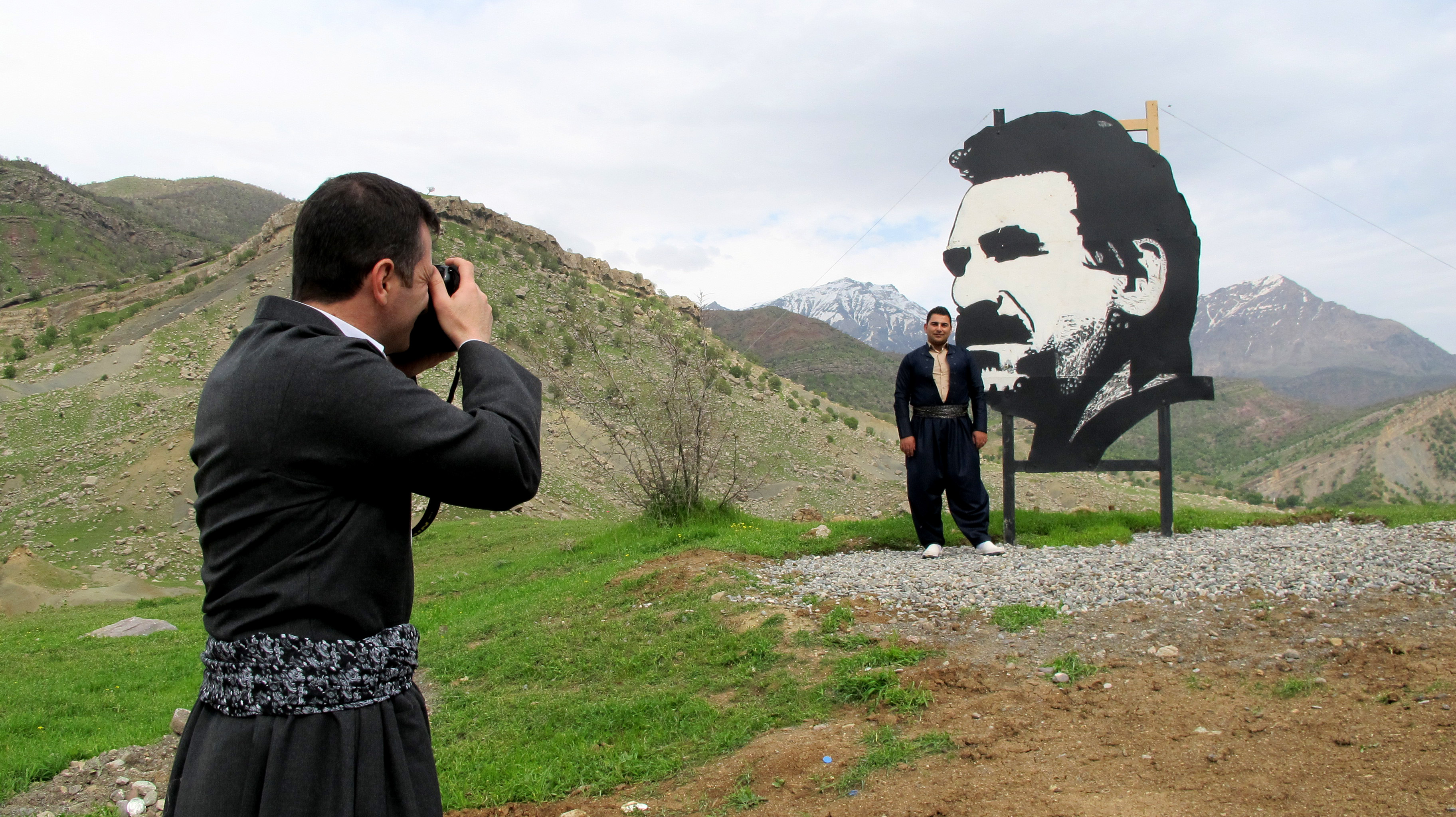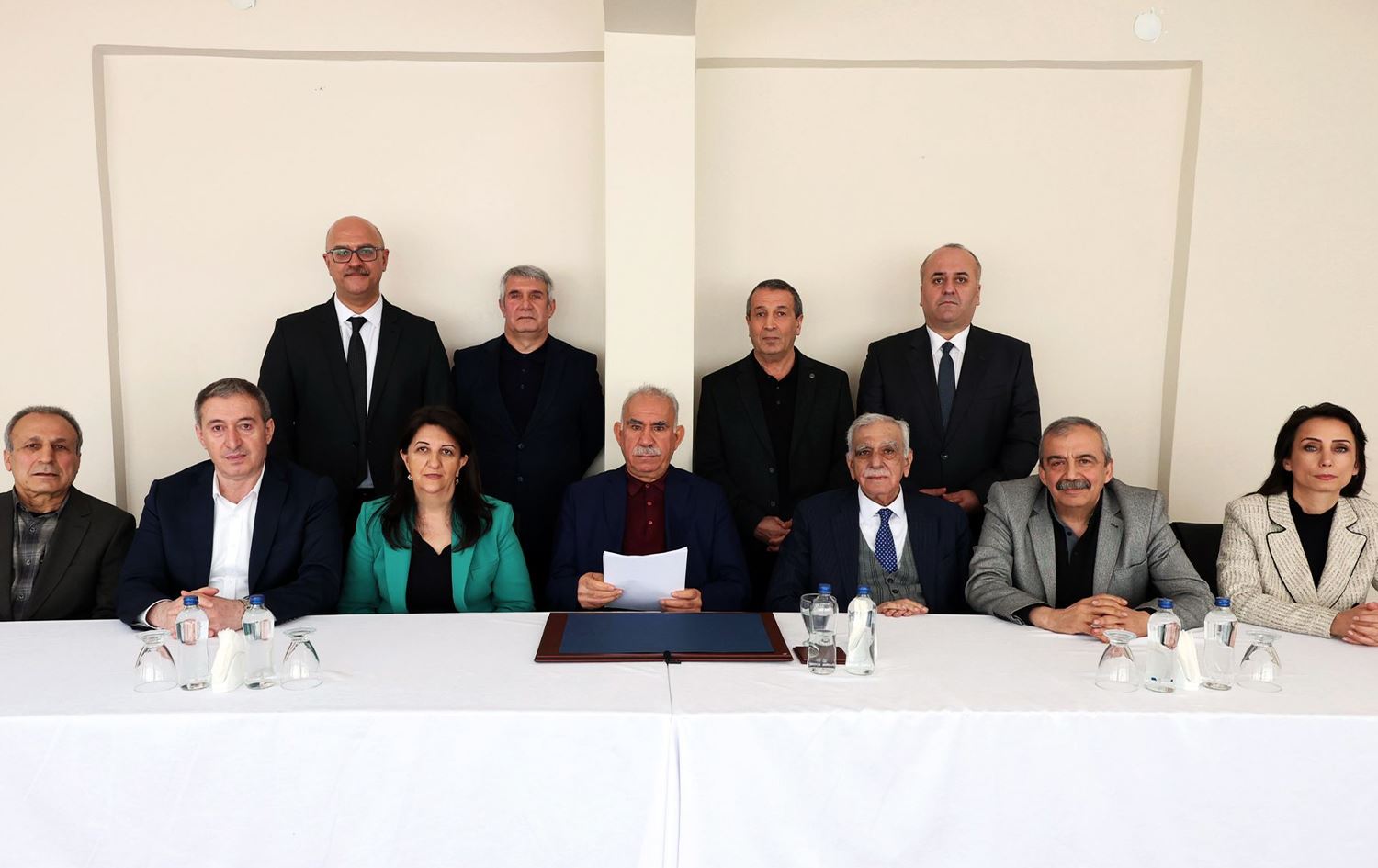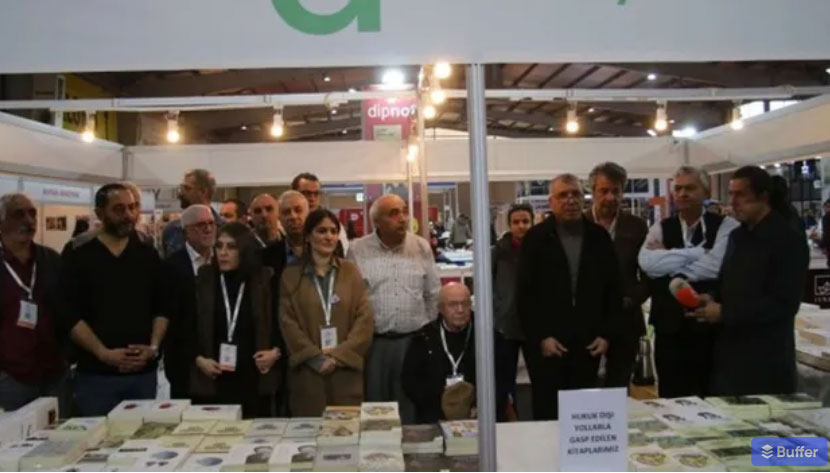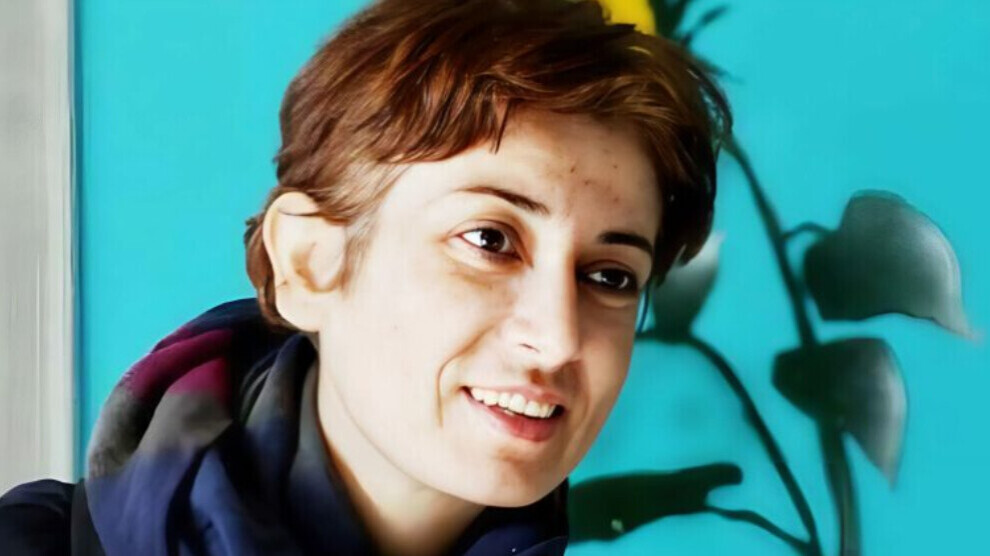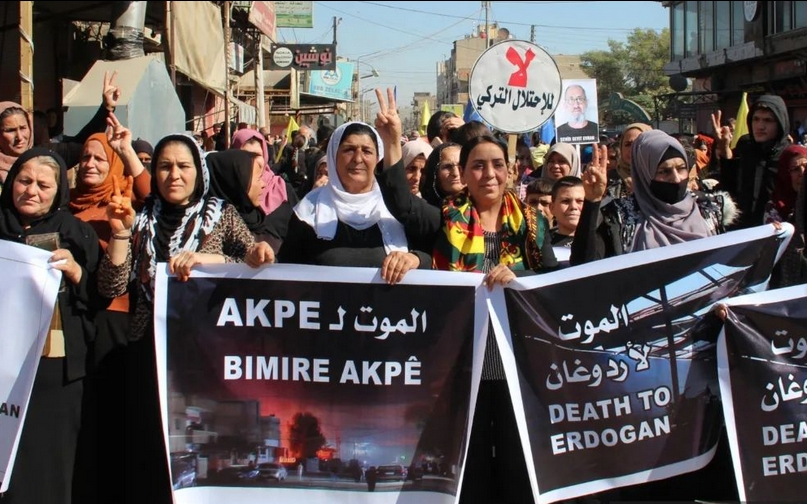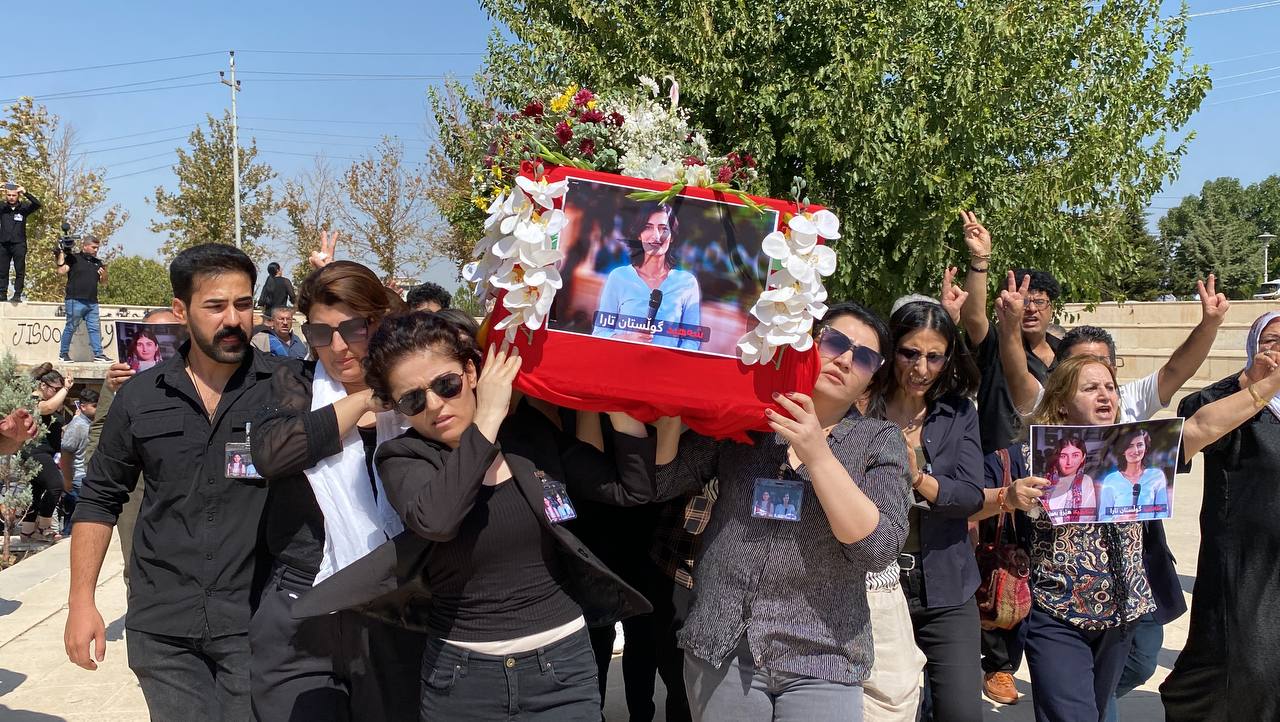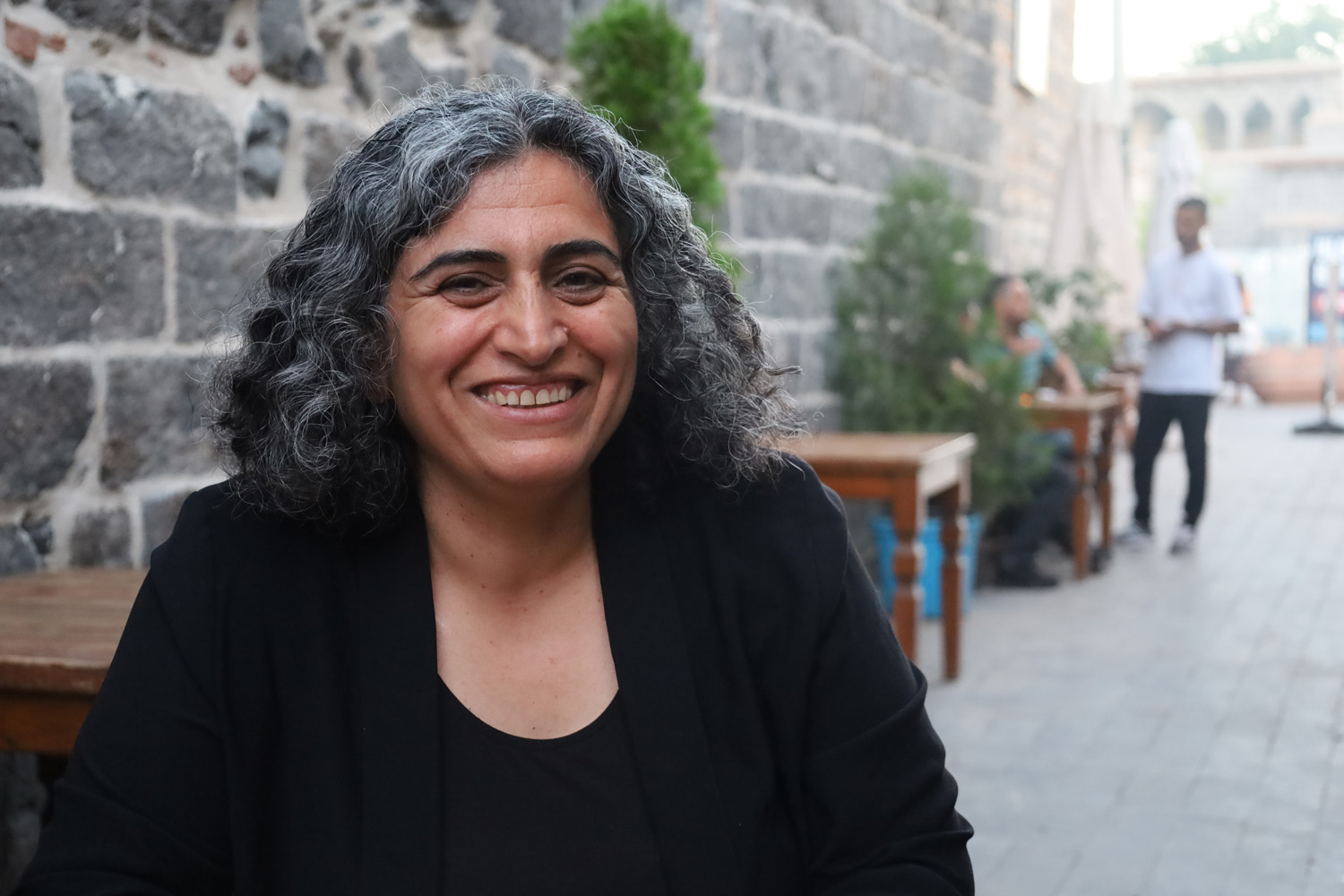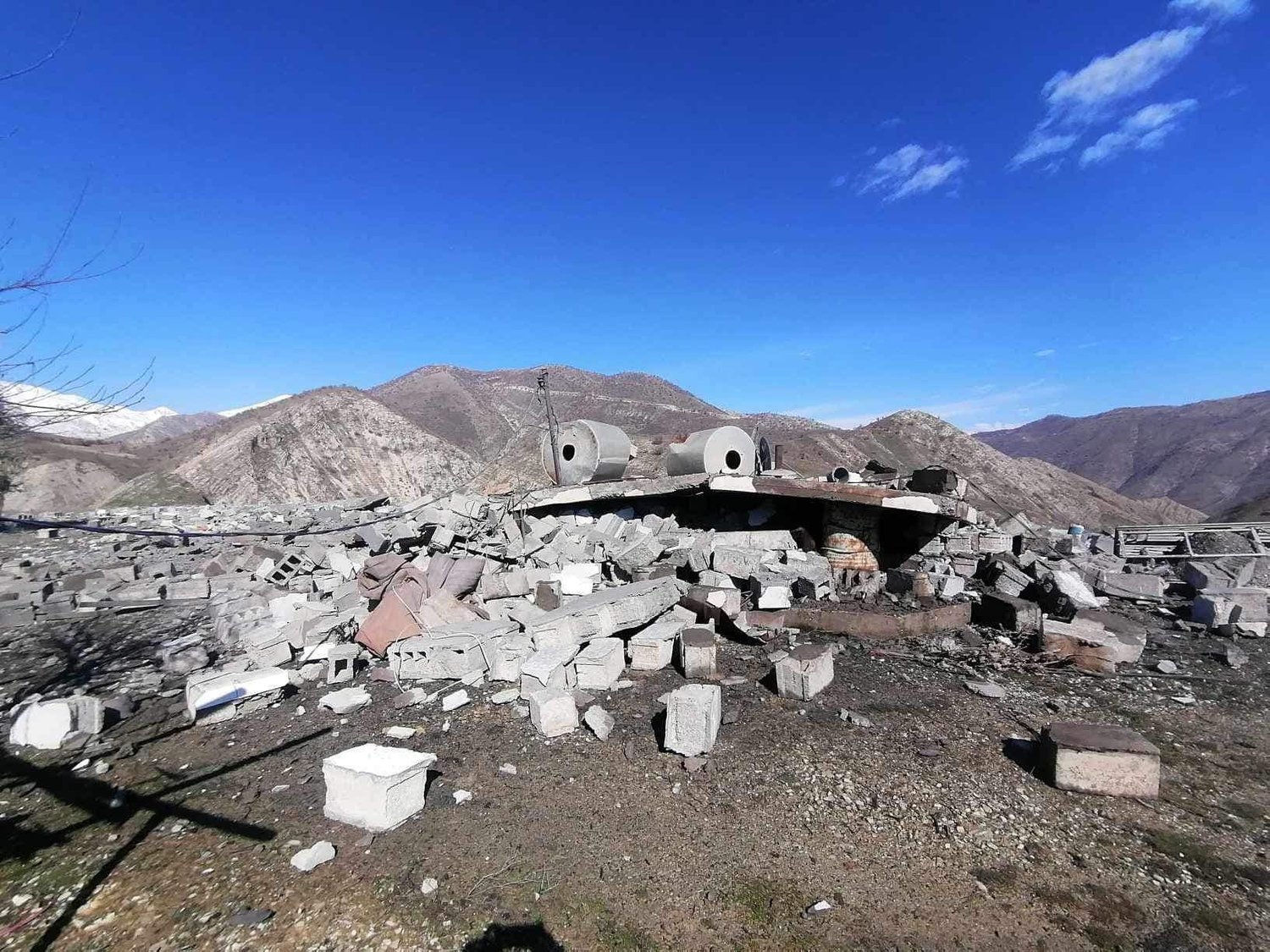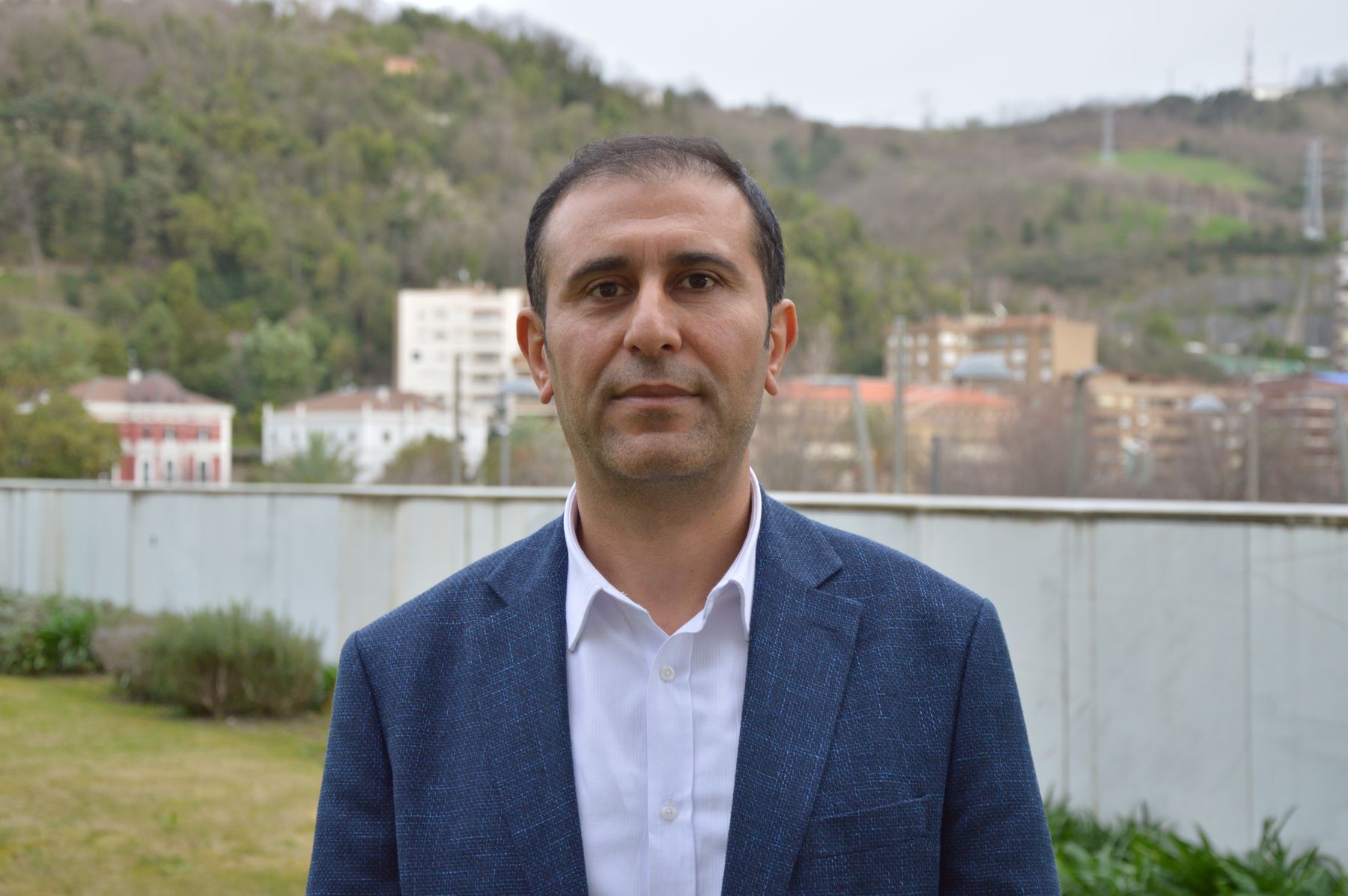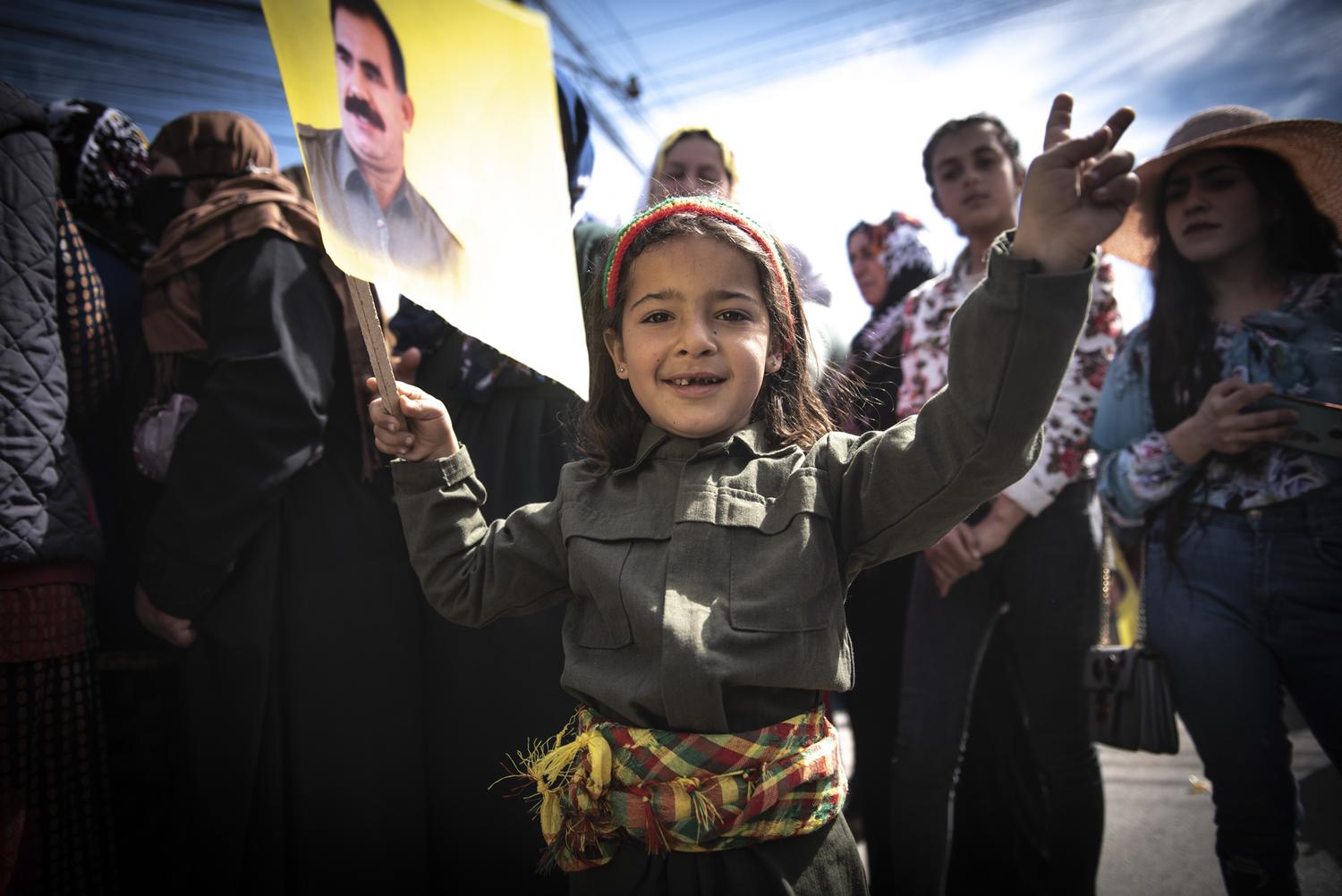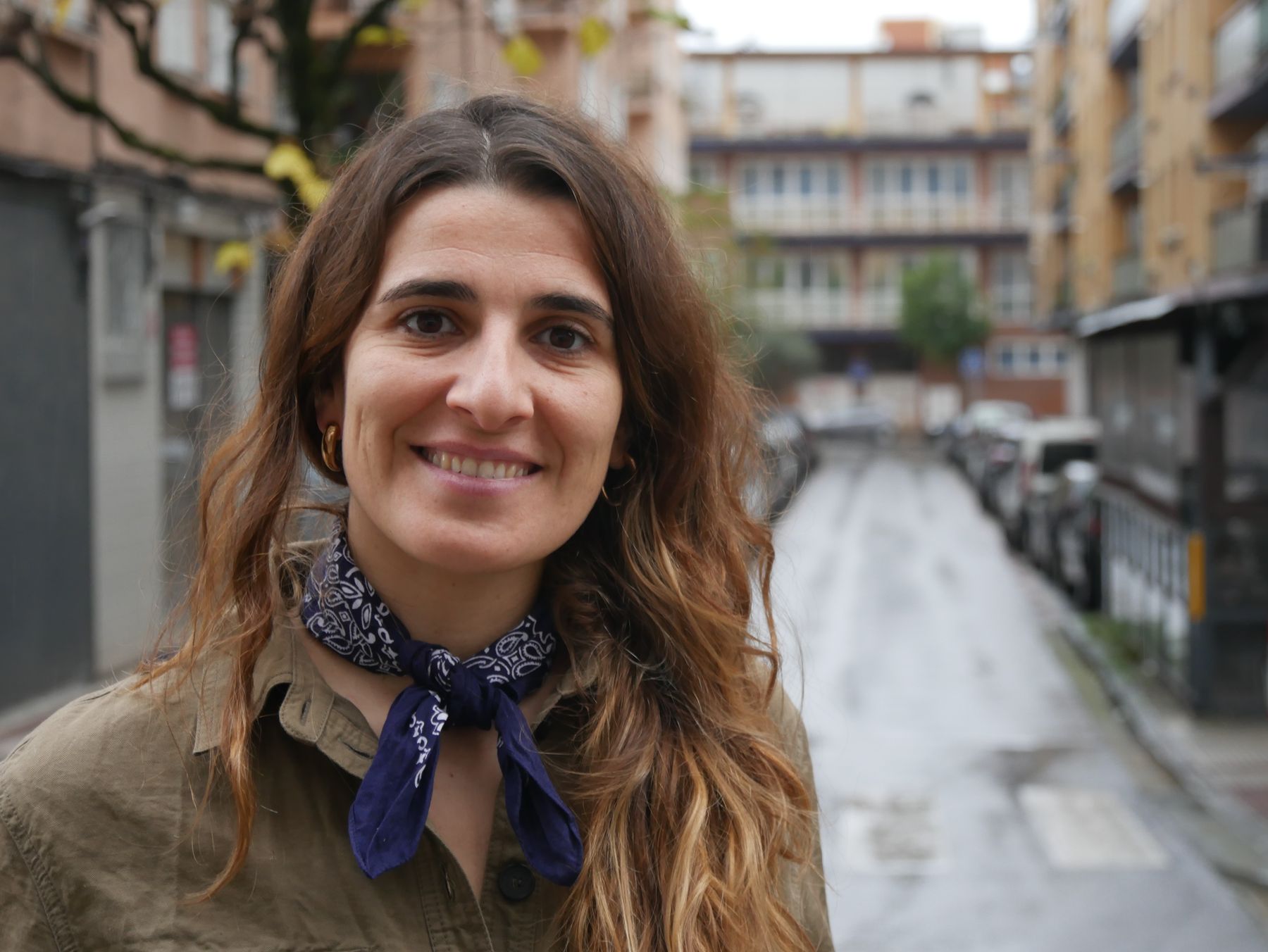Caught between two fires
- As the Syrian city of Aleppo bleeds, the Kurdish Protection Units try to prevent the clashes between the regime and the insurgents from reaching the neighborhoods of Ashrafiyeh and Shekih Masqsoud, where the majority are Kurds. They are reaching the young Arab Kurdish militias who are angry with the Syrian Free Army.
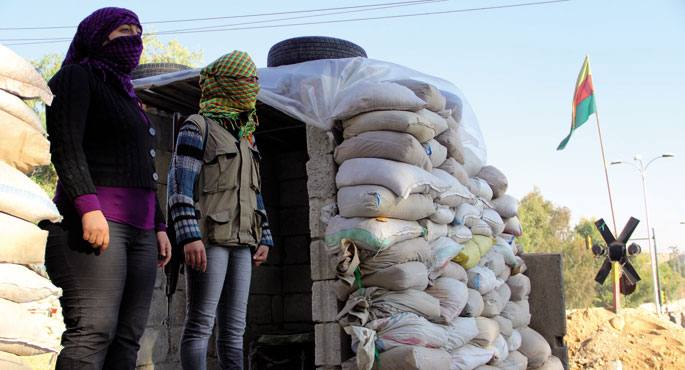
Two militiamen from the Kurdish Protection Units (YPG) are carrying out guards in front of the Awared Mosque, on a hill where you can see the whole Aleppo. On the horizon is a millennium citadel, from which dense smoke comes from clashes between troops loyal to Bashar al-Assad and the Syrian Free Army. During the day, dozens of people come to this natural amphitheater in Sheikh Maqsoud to watch the war live.
Since last July, the Democratic Unity Party (PYD), the political arm of the PKK in Syria, has been controlling and managing several areas of the north of the country, where a significant part of the 2.5 million Kurds live in Syria. Aleppo Ashrafiyeh and Sheikh Maqsoud are also in his hands.
Life, between two fires
The harsh winter and food shortages have led thousands of Aleppo citizens to cross every day the fronts of war that threaten their lives to obtain raw materials and petrol in this part of the city. Most of the shops Sheikh Maqsouden and Ashrafiyehn are open and they can find commodities, either bread or wood, despite the sharp increase in prices as in the whole country.
The presence of this oasis in the centre of Aleppo's Hell has led to thousands of people being expelled from other neighbourhoods in the city coming to the site. That's the case of Marian and his family, now they're at Yasser's school. “We don’t have heating and winter is being hard,” says the woman who approaches old age. Instead of classes, clothes, blankets and kitchenware appear in the classroom.
There was no fighting in this part of the city until October last year. Then the Kurdish Protection Unit and the Saladine Brigade of the Syrian Free Army acted harshly, as the insurgents intended to enter Ashrafiyeh. In the fighting, 20 people died and each of the parties committed about 200 prisoners, who were exchanged after signing a non-aggression treaty. “Ankara cannot withstand either the right or the autonomy of the Kurds, and that is why it is supporting rebel groups with Islamic stains,” says Hassan, leader of the PYD in Aleppo.
After a few months of calm, the tension has returned to the area, but on this occasion the Kurdish militiamen are confronted by government troops, who are also trying to enter Ashrafiyeh. The Kurds have put up defence posts, and many checkpoints have also been set up in the main modes of transport.
Militian women
The ideology of the PKK is governed by YPG and Abdullah Öcalan is a great admiration, as the majority of the militiamen are Kurds. But people from other religions and backgrounds are often also found. In the city of Qamishlo, for example, there are many Christian fighters, and in Aleppo many young Arabs have pointed to Kurdish militias disappointed with the attitude of the Syrian Free Army.
“Family and friends are not proud of me. They think I’m a traitor, that I’ve sold myself,” Mohammed explained at YPG headquarters in Ashrafiygana. “The Syrian Free Army has moved away from its initial objective of confronting the regime. Some people steal and threaten the population. Their struggle has been distorted.” Mohammed left the insurgent group and joined YPG.
A similar case is that of Ahmed, a 20-year-old boy living in the neighbourhood of Saladino in Bilbao. Until recently he attacked the Al-Assad regime: “In July, when the revolt came to the door of our house, I decided to join the Free Army. To have more opportunities on the front line, we kicked many families out of the house and some of them also died. It was very hard, some were neighbors I knew since I was a child.” The militia is telling their story with the face covered by a kufiyya.
“A month ago I decided to leave the Free Army and hid myself in Ashrafiyeh. After meeting several YPG members, I thought I would join their units. I feel accepted, they do not make ethnic division, the treatment is the same,” says the wrestler.
Hundreds of women have voluntarily joined the Kur militias. “I’m a student and I never took a gun in my hand, but now the people need us,” says Cihan, a 20-year-old who takes Kalashnikova on his shoulder.
“Recent struggles against the regime and previous struggles against opposition Islamists have led many women to join us.” Celal is one of the leaders of the PYD of Aleppo and his words have a vindictive tone: “In Western Kurdistan we are only two million Kurds, and given the seriousness of the situation, it is essential that we too, women, take care of the protection units.”
For Zelal “men have always had power and hegemony. Also war. The participation of women in war is the highest expression of equality.” This active role of women in Kurdish political and military life is the legacy of the feminist ideology of the PKK. Both the political groups and the armed groups that ideologically join this guerrillas are trying to defend parity and have women in wars.
Lurrikara geopolitiko bat astintzen ari da Ekialde Hurbileko mapa. Anabasaren erdian, Abdullah Öcalanen bakerako azken deiak mahai gainean jarri du eskualdeko gatazka armatu zaharrena. Ez, aurrekariek ez diote bide ematen itxaropenari, eta historiaren trena inoiz baino... [+]
SDF kurduek gidatutako koalizioak eta Siriako Gobernuak su-etena adostu dute. SDFk Siria ekialdeko eta ipar-ekialdeko eremu zabala kontrolatzen du egun, eta hitzarmenak jaso duenez, gobernuaren esku geratuko da orain.
Abdullah Öcalan buruzagiak PKKri otsailaren 27an eskatu zion armak uzteko. Taldeak egin duen adierazpenean babes osoa agertu dio buruzagiari eta Öcalanek eskatutakoa betetzeko konpromisoa adierazi du.
Urteak iragan dira bere azken argazkia ikusi zenetik. 26 urte daramatza preso Abdullah Öçalanek Turkiako Imrali uhartean, "erakunde terroristako" buruzagitza egotzita. Ostegun eguerdian bere bideo bat ez, baina argazki berri bat zabaltzeko baimena eman du... [+]
Turkish helicopters and fighter aircraft cover the sky in the Kurdish area in northern Iraq. The Turkish Air Force has bombed 381 sites in the major military operation in recent weeks in the Kurdistan Autonomous Region (DRC). The Turkish Ministry of Defence has stated that "the... [+]











